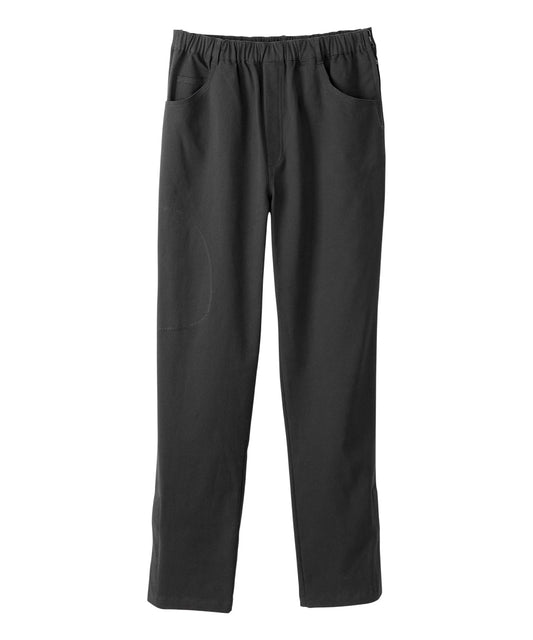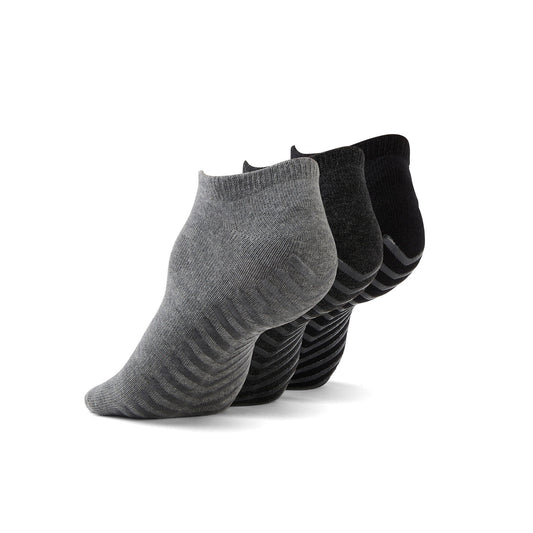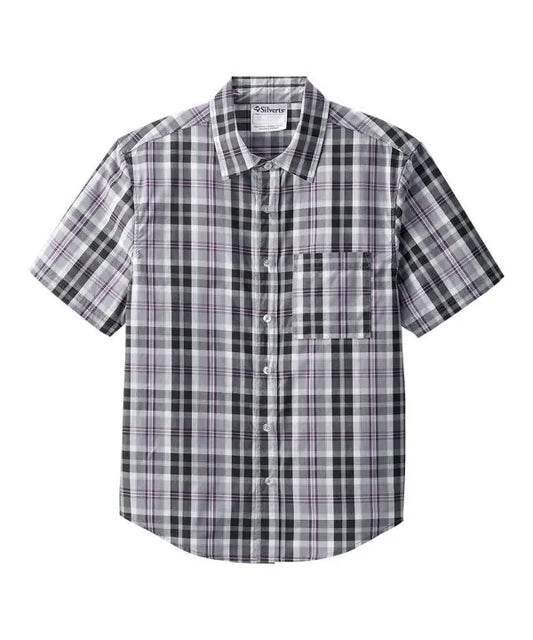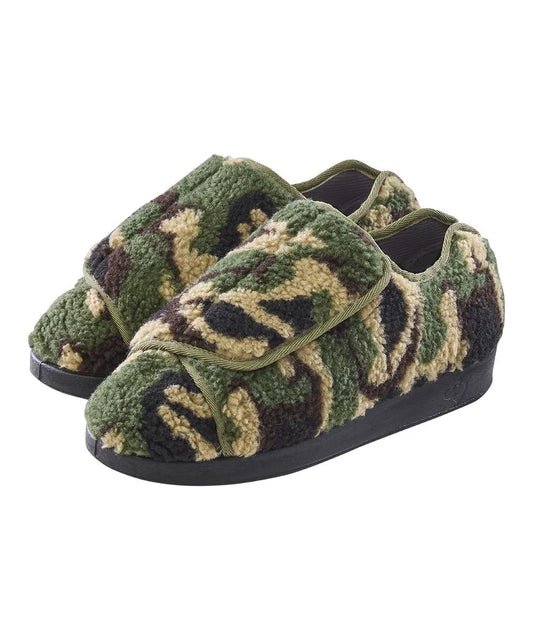Clothing serves more than just a practical purpose; it's a powerful means of self-expression. The psychology of clothing runs deep, influencing our self-esteem, confidence, and overall well-being. For many individuals, especially those with physical challenges or disabilities, finding clothing that suits their unique needs can be a significant challenge. The emergence of adaptive fashion has transformed how these individuals perceive and interact with their clothing. In this blog post, we will delve into the psychology of clothing and explore how adaptive fashion can boost confidence and enhance the quality of life for those who need it most.
I. The Psychology of Clothing
Self-Expression and Identity Clothing is a form of self-expression, a way for people to convey their personality and identity. The choices, styles, and patterns we choose to wear communicate messages about who we are and what we stand for. Our clothing helps shape our self-perception and how others perceive us.
Confidence and Well-Being The clothing we wear can significantly impact our confidence and overall well-being. When we feel good in our clothes, our confidence soars. On the contrary, ill-fitting, uncomfortable, or unattractive clothing can lead to self-doubt and diminished self-esteem. This psychological aspect of clothing is particularly relevant for people with special clothing needs, such as those with physical disabilities or limitations. June adaptive, for example, carries men's pull-on cargo pants to ensure that adaptive clothing can be stylish.
II. The Evolution of Adaptive Wear
Definition and Purpose Adaptive wear, also known as adaptive clothing, is a specialized category of clothing designed to address the unique needs of individuals with disabilities or physical limitations. It aims to provide functional, comfortable, and stylish clothing solutions that promote independence and confidence. Adaptive wear often includes modifications such as Velcro closures, magnetic clasps, and easy-to-adjust sizing. For instance, June adaptive offers bracelets with magnetic closures.
Transforming Self-Perception The introduction of adaptive wear has been life-changing for many individuals. It not only improves the ease of dressing and undressing but also plays a significant role in how people with disabilities perceive themselves. The flexibility and comfort of these clothing items can lead to a more positive self-image and greater self-esteem.
III. Boosting Confidence through Adaptive Wear
Empowerment and Independence One of the key ways in which adaptive wear enhances confidence is by promoting empowerment and independence. Individuals who may have relied on assistance to dress or undress can now do so with ease and autonomy. This newfound independence fosters a sense of control over one's life and contributes to an elevated sense of self-worth.
Comfort and Well-Being Comfort is a cornerstone of confidence. Adaptive wear is specifically designed to provide superior comfort by eliminating discomfort caused by tight fits, rough seams, or tags that irritate the skin. For individuals with disabilities, this comfort can alleviate physical discomfort associated with their condition, leading to improved well-being and, consequently, a more positive self-image. For example, June adaptive offers women's recovery pants with side zippers, catering to those in the recovery process.
Personal Expression Adaptive wear recognizes the need for personal expression. Just like anyone else, individuals with disabilities have unique preferences and inclinations when it comes to clothing. Modern adaptive fashion brands offer a multitude of designs and variations that allow wearers to showcase their personality and individuality. This personal expression can greatly enhance confidence.
In addition to enhancing self-esteem and overall well-being, adaptive fashion offers numerous therapeutic benefits for those with disabilities or special clothing needs. It promotes comfort, independence, and personal expression, ultimately contributing to a more positive and confident self-image. By embracing adaptive clothing, individuals can enjoy a better quality of life and caregivers can provide more effective care.


















